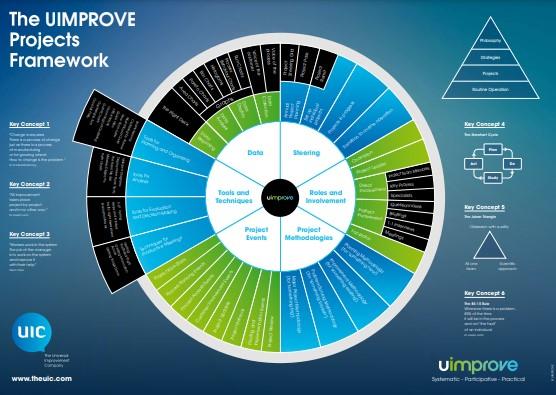9 tips for an effective Leader Speaks
‘Leader Speaks’ is a term well-known by most people who have been facilitated by the UIC. It is a vital component of any Executive Event, Team Event or Interface Event. It is hard to quantify the effects of a leader clearly spelling out what is on their mind but its benefits for team-working are profound.
In this guest post from the Yearbook archives, former Chief Executive of One Manchester, Dave Power, shares his top 9 tips for an effective Leader Speaks.
“As a leader your message needs to be apposite, ordered, directive and open, up-to-date and consistent with the development of your organisational narrative. It needs structure and it needs to set a tone for the event. Your audience has an expectation you have thought about what you will say and it will both add value to them and is important to their work. Here are some tips.
- Use familiarity to focus on your agenda. Address known team discussions and questions that are active, organisational rumour, “things they are not telling us”, so you clear background noise, answer obvious questions, give clarity so your audience concentrate on the organisation’s agenda and not theirs.
- Keep the journey and narrative continuous. Remind them of what we said, did, would do, went well, didn’t go well, a year ago, 6 months ago or a month ago to reinforce planning, learning direction and forward momentum.
- Be clear about your priorities. Be specific and use “I want”, “I believe” and what you see as the priorities so discussion is clear in scope, rule in and rule out any options and be clear about this in answer to direct questions.
- Give insight. This could be facts, research, external environment, trends, influences, other regional or national issues. Proposals and arguments which are too narrow, but
neither waffly nor academic, set the tone for new learning and how others should assess options. - Be personal. In certain events, and circumstances it is right to say what you personally feel or to say what you personally feel of how issues have impacted upon you.
Done with relevance, integrity and honesty, and not sentimentality, it reinforces dialogue. - Target your comments to teams and individuals as necessary. Praise, express dissatisfaction, set an agenda and priorities. People go away with their “bit” as well as the
bigger picture. - Be a translator. Distil policy debates, technical issues, organisational culture and noise, management speak and jargon into the impact
on your organisation, where action is needed, what it means and whether it’s relevant. - Be clear on what is known, unknowable, and what is in your control and what isn’t. This flags a list of issues that need to be recognised and possibly reappear later and cuts out diversionary issues.
- Lastly, set out a concise list of next steps, timescales and actions. Always take questions through Round Robins. This checks communication, listening, how much is
understood and whether people have heard the right things.”
Dave Power
Former Chief Executive, One Manchester/City South Manchester. 2008-2019

Want to know more?
If you are a leader who is interested to know more about Leader Speaks and our approach to leadership development, visit our Universal Leadership Skills page or get in touch.





